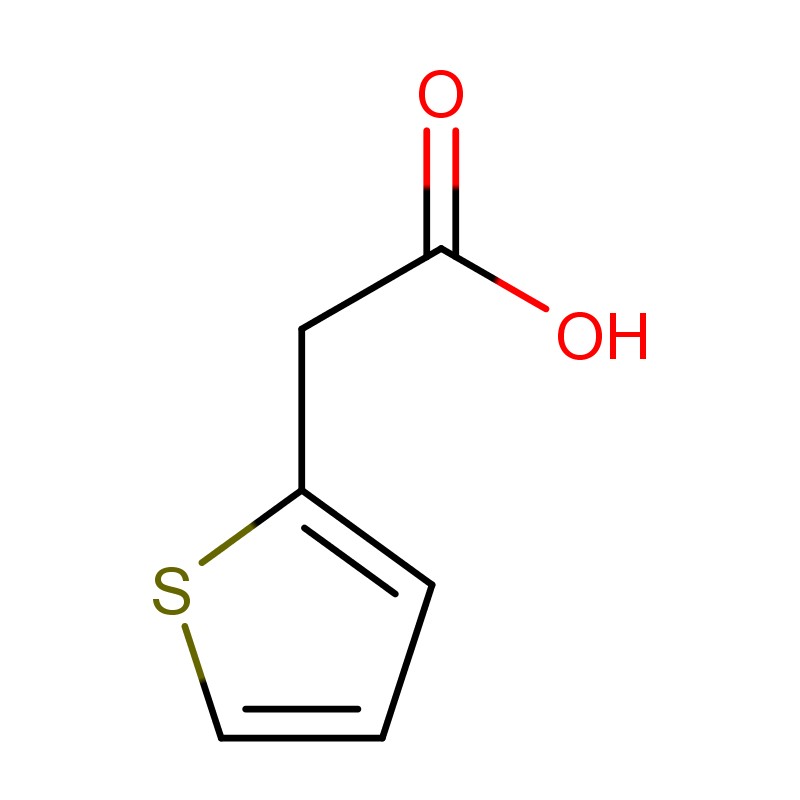Pharmaceutical Intermediates: The role of synthesizing new compounds
2025-06-16
Pharmaceutical intermediates play a crucial role in synthesizing new compounds during drug research and development (R&D). Here’s how they contribute:
1. Building Blocks for Drug Molecules
Pharmaceutical intermediates are often the key structural units used to assemble active pharmaceutical ingredients (APIs). Chemists combine and modify these intermediates to create new chemical entities with desired therapeutic properties.
2. Facilitating Structure Modification
By using intermediates, researchers can systematically alter functional groups, ring systems, or side chains to optimize a compound’s:
Efficacy
Selectivity
Solubility
Stability
This is essential in structure-activity relationship (SAR) studies, which guide the improvement of drug candidates.

3. Enabling Rapid Synthesis of Analogs
Intermediates allow the modular synthesis of analogs — compounds with similar structures but different functional groups. This speeds up screening for biological activity.
4. Improving Synthetic Efficiency
Using well-characterized intermediates enhances reaction predictability, yield, and purity, reducing time and cost in early-stage drug development.
5. Supporting Innovation
Custom-designed intermediates enable novel pathways to previously inaccessible compounds, fostering innovation in synthetic chemistry and drug design.
As a professional manufacturer and supplier, we provide high-quality products. If you are interested in our products or have any questions, please feel free to contact us.


